For years, I have had a pet theory that one reason people in the United States are less willing to support government programs that help their fellow citizens than are Europeans is that Europe went through World War II. The metaphor is this: Europeans lived through times when sharing your last piece of bread with your neighbor was the difference between having two weak people vs. one slightly stronger person left to define and defend your country. Such a situation helps you widen your definition of who represents your country and countrymen (and -women). In England, France, and other European nations, citizens saw their aged neighbors and newborn children die from bombs or artillery. They saw the human grief of their neighbors. 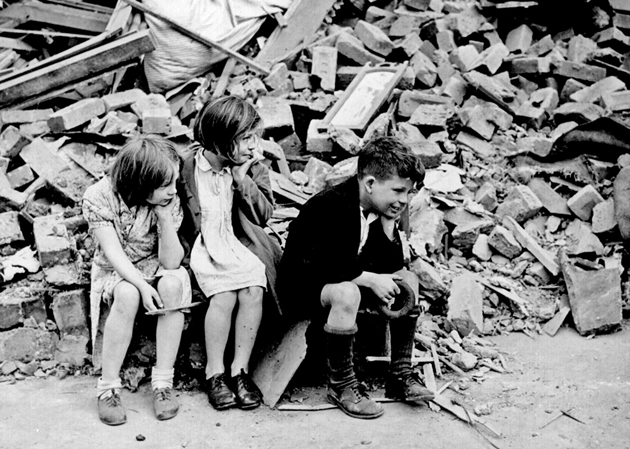 Those that did survive often found it hard to obtain the basics of life: food, shelter, medical care, etc. Obtaining these things for themselves—and (importantly) their neighbors—was a highly valued priority for the citizenry after the war. Having suffered deprivation from militarization, they knew that the military apparatus of the state was not worth funding that could be better used housing, feeding, and caring for the citizens.
Those that did survive often found it hard to obtain the basics of life: food, shelter, medical care, etc. Obtaining these things for themselves—and (importantly) their neighbors—was a highly valued priority for the citizenry after the war. Having suffered deprivation from militarization, they knew that the military apparatus of the state was not worth funding that could be better used housing, feeding, and caring for the citizens.
Unfortunately, the lessons learned by the U.S were quiet different (if not the opposite) of what Europe learned. The United States was spared being attacked on its own soil in World War II (barring Pearl Harbor). The U.S. lost soldiers, but its citizens did not lose neighbors. In fact, in many ways, the war was a positive for Americans. The U.S. was still in a depression when the war started. The army “employed” many who were jobless. War industries provided jobs for many others, including women when women had not traditionally been in certain occupations. Americans could feel good about themselves because they helped turn the tide against the Nazis, and many countries were thankful for our role in that.
After the war, capitalist manufacturing jobs and military spending were what people clamored for in the United States. 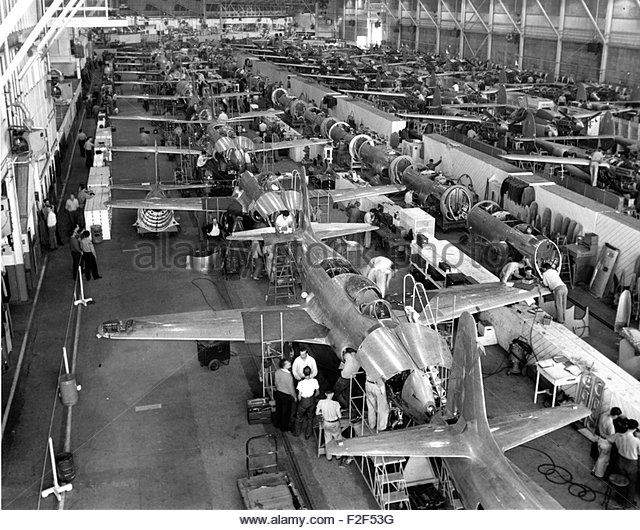 This resulted in national policies that favored the military and business owners. Military man Dwight D. Eisenhower in his farewell address as president tried to warn against the “military-industrial complex” that was in danger of railroading the country, its citizens, and democratic government. He lobbied for cuts to proposed defense spending because he felt that the money would be better spent on social services and the needs of the nation’s citizens.
This resulted in national policies that favored the military and business owners. Military man Dwight D. Eisenhower in his farewell address as president tried to warn against the “military-industrial complex” that was in danger of railroading the country, its citizens, and democratic government. He lobbied for cuts to proposed defense spending because he felt that the money would be better spent on social services and the needs of the nation’s citizens. 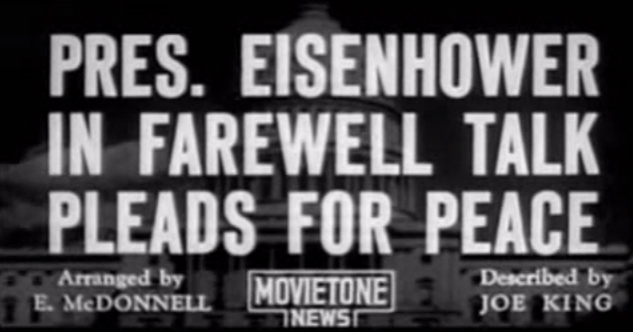
With the self-isolation required to prevent the spread of the COVID-19 pandemic, the United States finally realized that Eisenhower was right. Wearing masks, keeping physically distanced, etc., is done to protect our fellow citizens may mean the difference between having two weak people vs. one slightly stronger person left to define and defend your country. The social net of the country had been neglected for more military spending and was now woefully inadequate (as foreigners and social scientists had long noted). They finally saw the human grief and suffering of their neighbors and fellow citizens. 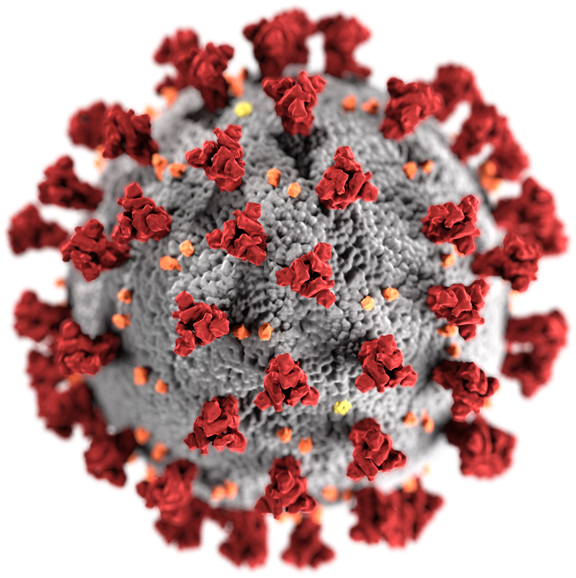 Told for years of the glory of capitalism, U.S. citizens finally saw how it could leave so many so vulnerable in so short a time. Their neighbors were unemployed, at risk of being evicted, working low-wage jobs that exposed them to COVID-19 infection, in danger of not being tested and/or treated for a new virus against which humans had no immunity, etc. They realized that they had been marginalized in their own country, forced to live an existence that was more precarious than they were led to believe. Perhaps they finally began to wonder why their government had not invested in social safety nets as the European countries did after WWII.
Told for years of the glory of capitalism, U.S. citizens finally saw how it could leave so many so vulnerable in so short a time. Their neighbors were unemployed, at risk of being evicted, working low-wage jobs that exposed them to COVID-19 infection, in danger of not being tested and/or treated for a new virus against which humans had no immunity, etc. They realized that they had been marginalized in their own country, forced to live an existence that was more precarious than they were led to believe. Perhaps they finally began to wonder why their government had not invested in social safety nets as the European countries did after WWII.
As if to emphasize this feeling, with everyone at home and now with the Internet, citizens watched in horror as a representative of the state’s “security” forces pitilessly drained the life of George Floyd over the course of nine minutes. When the protests erupted over yet another black man killed by police, they were met by militarized police actions against the citizenry. 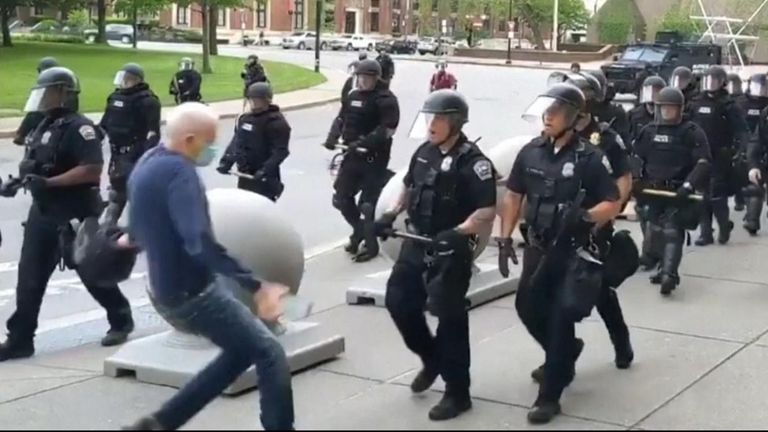 This time, other non-Black citizens joined them, perhaps because they also finally felt how marginalizing U.S. culture can be. The experience Europeans had in World War II of realizing how connected they were to their fellow citizens was finally learned by the citizens of the United States. United States citizens finally realized that a national policy of military-might-first was not appropriate any more. Social supports were needed.
This time, other non-Black citizens joined them, perhaps because they also finally felt how marginalizing U.S. culture can be. The experience Europeans had in World War II of realizing how connected they were to their fellow citizens was finally learned by the citizens of the United States. United States citizens finally realized that a national policy of military-might-first was not appropriate any more. Social supports were needed.
World War II was devastating, but it led to the establishment of the modern socialist democratic government system in Europe: national health care coverage, etc. Maybe COVID-19 and the anti-police-brutality protests can finally result in something similar in the United States. 